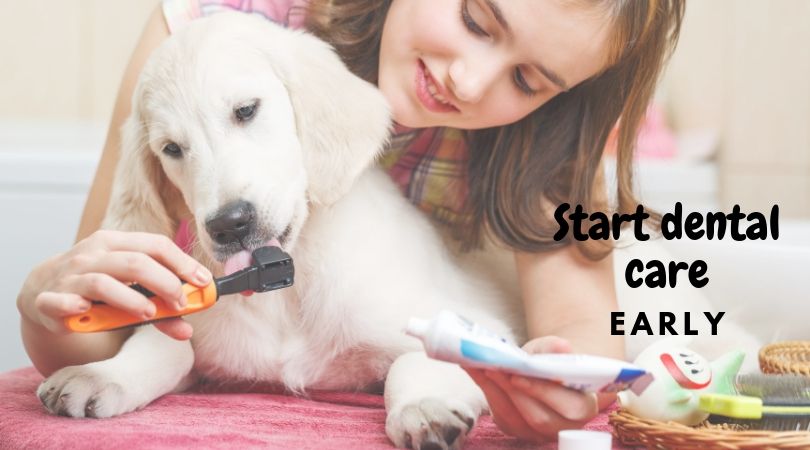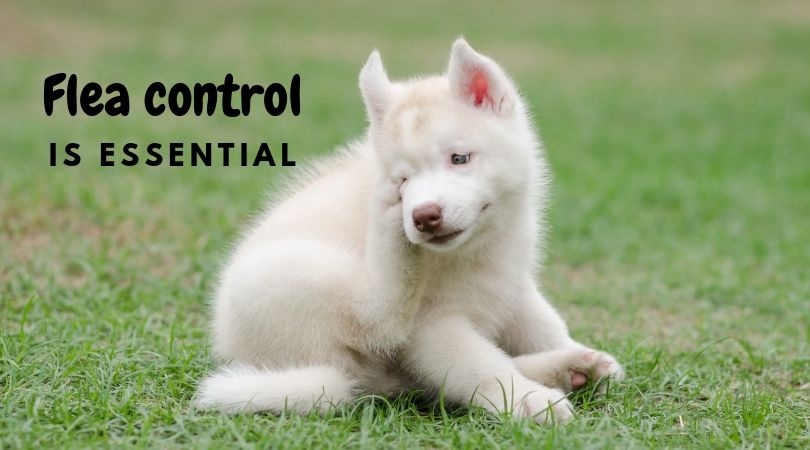Getting a new puppy is exciting but can come with a lot of questions. We are only a phone call away and are happy to help answer any and all questions you may have regarding your new family member! Below we have outlined a few commonly asked questions about puppy care, fleas, and so much more!
What is the best way to house train my puppy?
Positive reinforcement is the best and most effective way to train. Praise your puppy immediately when he eliminates in the appropriate location; don’t wait until he comes back inside. Praise may be verbal, physical, or both and can sometimes be accompanied by a treat. If your puppy eliminates in an inappropriate area, scolding with a sharp “No” can be effective, but only if caught in the act. Puppies have a very short memory and cannot correlate delayed scolding. Frequent trips outside before and after a meal will be the best time to train.
How do I correct inappropriate biting?
Puppies younger than seven months old are teething and will naturally “play bite.” It is important that you teach your puppy that this is unacceptable. The easiest way to do this is by redirecting the biting from you to an approved toy.
How should I care for my puppy’s teeth, ears, and nails?
It is never too early to begin good dental hygiene. Luckily for us, there are easy ways to provide this for our puppies. Daily teeth-brushing is the gold standard, and we recommend starting the process gradually to get your puppy used to it. Start with letting your puppy taste the pet-approved toothpaste, work up to using your finger or gauze to wipe a few teeth, and eventually try out a toothbrush. Give both of you time to accept the brushing, and be sure to contact us if you have questions or would like a demonstration.

You can also incorporate dental treats, such as C.E.T chews or Oravet chews. Both of these options are great for keeping your puppy's teeth pearly white and healthy. Be sure to speak to your vet about when to start these and what size would work!
Handling your puppy’s feet, face, and ears often starting at a young age will make these things less threatening. Nail trims are a necessity as overgrown nails can cause discomfort and infection. If you do not feel comfortable doing nail trims on your puppy, nail trims are a service that our trained technicians or pet care staff will be happy to provide for your pet.
When should I start grooming my long coated dog?
 We recommend getting your long coated dog in for their first puppy groom around their second/final booster vaccines. A specialized puppy groom service can help introduce your puppy to the process. It's very important to get your puppy used to getting groomed and all that comes along with that, such as people touching his face, paws, and ears; new noises; and other dogs. We highly recommend that dogs such as Poodles and Poodle mixes, Bichon Frises, and Schnauzers start as early as possible to get them used to frequent grooming. If you have grooming questions or concerns, contact us today!
We recommend getting your long coated dog in for their first puppy groom around their second/final booster vaccines. A specialized puppy groom service can help introduce your puppy to the process. It's very important to get your puppy used to getting groomed and all that comes along with that, such as people touching his face, paws, and ears; new noises; and other dogs. We highly recommend that dogs such as Poodles and Poodle mixes, Bichon Frises, and Schnauzers start as early as possible to get them used to frequent grooming. If you have grooming questions or concerns, contact us today!
What human foods can my puppy eat?
Many human foods are considered toxic to dogs. It is very important to be well-informed about which foods are dangerous to dogs. Common foods to avoid include chocolate, onions, garlic, grapes, dairy, any fruit with seeds or pits, any caffeinated items, and anything labeled sugar-free (the common sugar replacement, xylitol, is very toxic). Excessively fatty foods, such as leftover meat, can also cause digestive issues and sometimes even lead to pancreatitis.
How can I get rid of fleas on my dog?
SUCCESSFUL FLEA CONTROL INCLUDES TREATING BOTH PETS AND THE ENVIRONMENT
This can be a challenging task and requires a three-pronged approach. Fleas need to be eliminated from:
- your dog
- any other cats and dogs in your household
- your home and yard (environment)
Once your dog’s fleas are under control, continued prevention is essential, since you cannot control some outside sources of fleas, such as other people's pets, wild animals, or other property outside yours.
What should I put on my dog for fleas?

Although many over the counter (from your local store) flea shampoos, sprays, and powders will kill adult fleas on your dog at the time of application, they can have limited effectiveness because they only work for a few hours after application. Most have no residual effect, meaning your dog will be infected with new fleas from the environment by the next day. We have very effective products designed for monthly administration that are available by prescription, including simple chewable tablets which effectively prevent both fleas and ticks for 30 days. Some topicals are also effective monthly preventions, but run the risk of being washed off if your dog who swims or is bathed too soon after application. Regardless of which product you choose, it is essential that these medications be given on the same day each month to be effective. Be sure to consult your veterinarian to choose the most effective and safe flea products for your home and pet.
Is pet insurance worth it?
It has been proven that pets covered by pet insurance receive more veterinary care than those without. That is because pet insurance allows pet owners to offer the best possible medical care for their beloved pets. There are many companies out there, so you'll want to do plenty of research to choose the company and plan that fits your family best. Try a resource like petinsurancereview.com to get started.
If you have more questions or concerns please contact your veterinarian! We have plenty of information for you!
